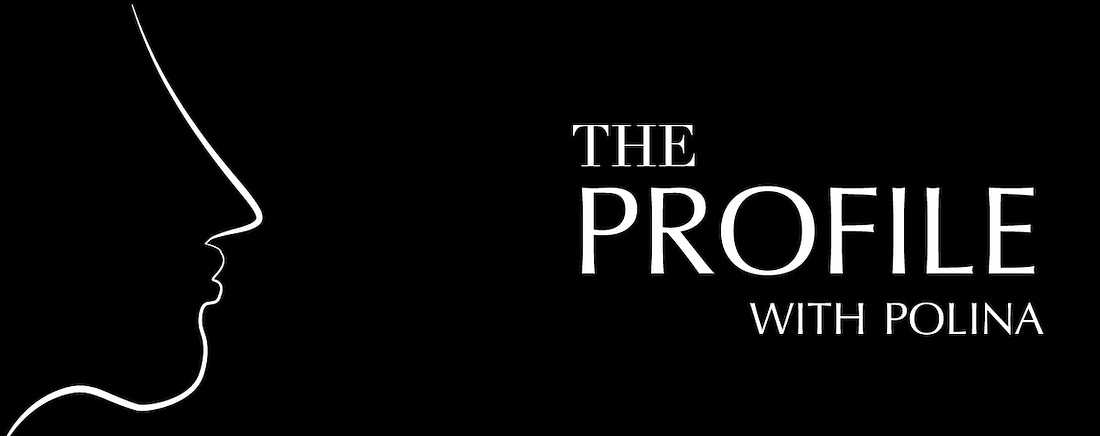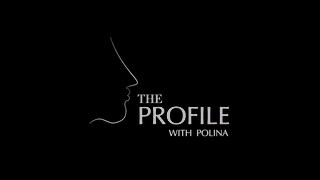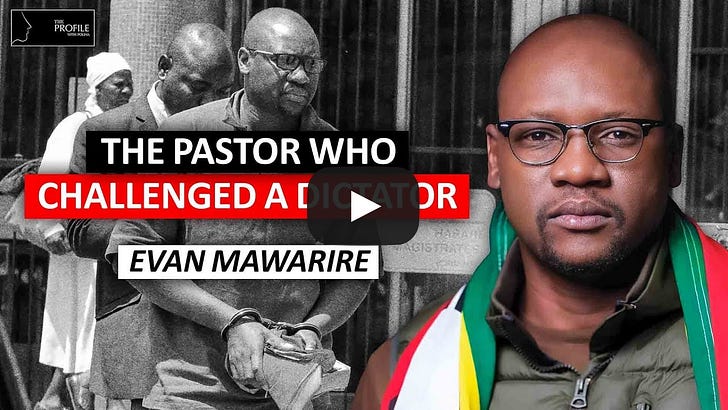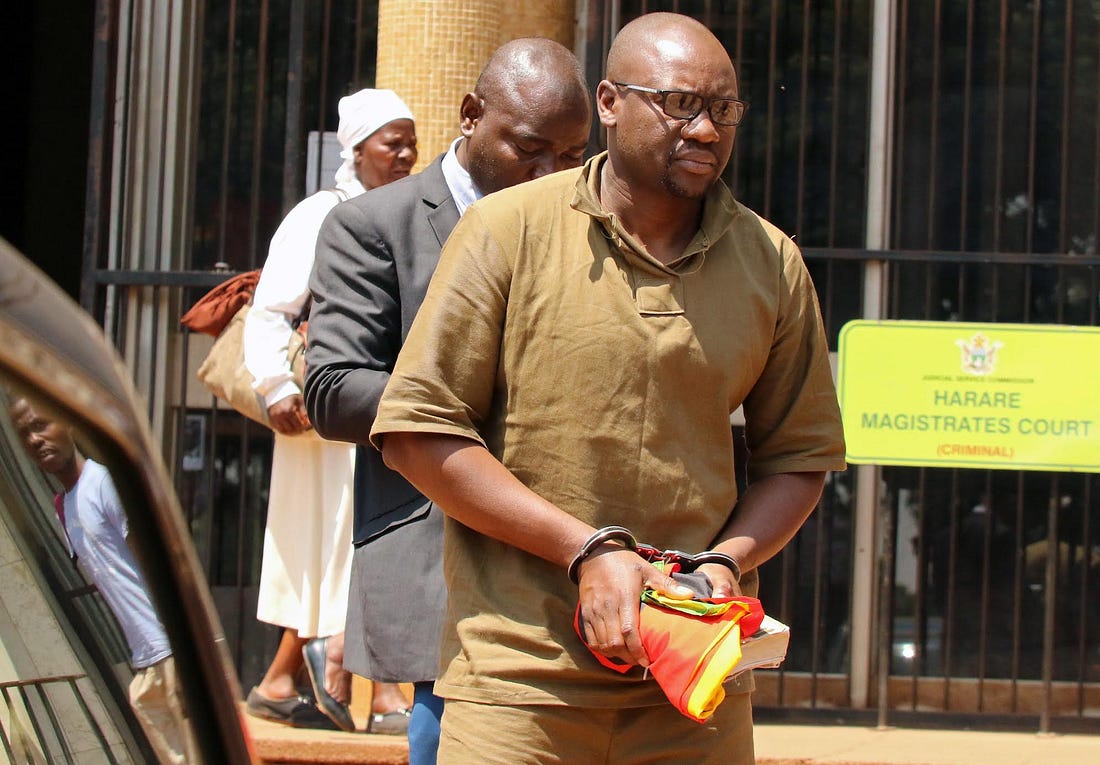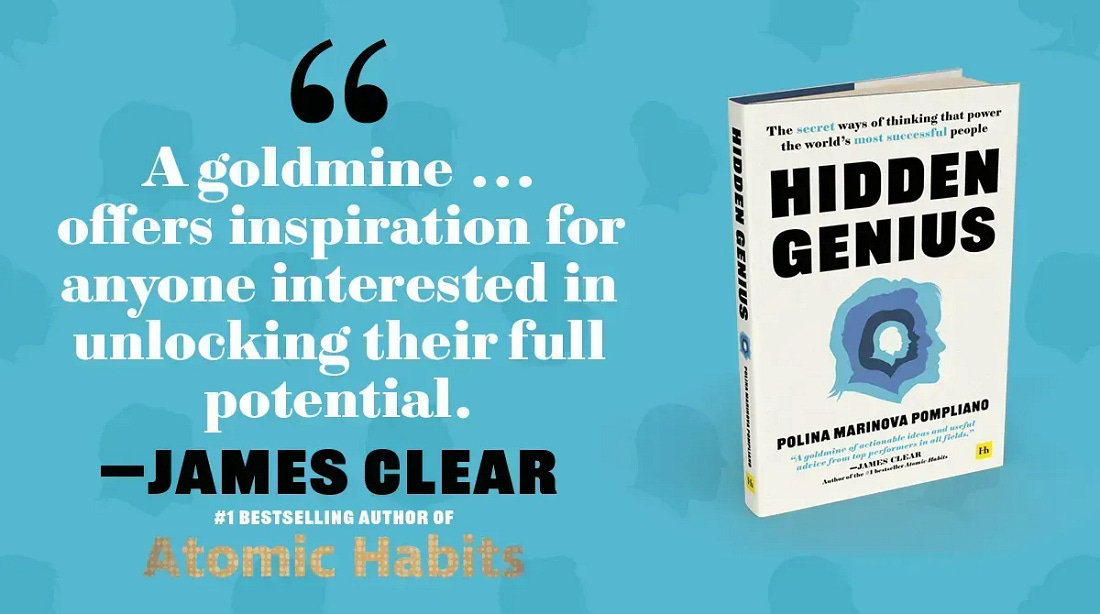Meet Evan Mawarire, the Pastor Who Stood Up to a Dictator
Meet Evan Mawarire, the Pastor Who Stood Up to a DictatorMawarire reflects on the power of ordinary people to drive change, the sacrifices of speaking truth to power, and the courage it takes to challenge oppression.
On April 19, 2016, Pastor Evan Mawarire sat in his church office, overwhelmed with a crushing sense of failure. He couldn’t afford his daughters’ kindergarten fees—just one of many personal consequences of Zimbabwe’s economic collapse after nearly a decade of hyperinflation. For years, Robert Mugabe, Zimbabwe’s leader since 1980, had driven the nation into financial ruin. His government’s unchecked money printing led to hyperinflation peaking at 89.7 sextillion percent in November 2008, rendering the Zimbabwean dollar worthless and forcing the country to adopt foreign currencies like the U.S. dollar in 2009. “My children were going to face not just the failure of the country, but the failure of their dad within that situation,” Mawarire recalls. “That breaks a person.” Desperate, ashamed, and hopeless, he grabbed his phone, propped it on the Bible on his desk, and recorded a 4-minute, 11-second video—a moment that, unbeknownst to him, would change the course of his life. “I reached a point where if I could shout at the wall, I would shout at the wall,” he says. Speaking to no one in particular, he described the colors of Zimbabwe’s flag, what they were supposed to stand for, and challenged fellow citizens to stop standing on the sidelines. After posting the video on Facebook, he left the church and went home. The next morning, he woke up to his phone blowing up—the video had gone viral. His first reaction? “Oh no.” He knew all too well what happened to those who dared to speak out against the government. “I had never done anything like this before,” he says. “I wasn’t an activist, I wasn’t involved in politics or civic society—nothing. But sometimes, it’s not the people you expect who start a movement. Sometimes, it’s the quiet ones.” That quiet voice soon became a national outcry. Mawarire’s video ignited #ThisFlag, a grassroots movement that used Zimbabwe’s flag as a symbol of resistance against government corruption, economic mismanagement, and human rights abuses. The movement sparked peaceful protests, stay-at-home demonstrations, and international attention, directly challenging Mugabe’s regime. In response, Mawarire was arrested multiple times and eventually forced into exile. Mawarire later chronicled his extraordinary journey in his newly-published book, Crazy Epic Courage: How a ‘Nobody’ Challenged Brutal Dictators and Moved a Nation, where he reflects on the power of ordinary people to drive change, the sacrifices of speaking truth to power, and the courage it takes to challenge oppression. In this conversation with The Profile, Mawarire discusses his shocking path to activism, the price of freedom, and why our voice is the most powerful weapon we have. This Q&A has been lightly edited for clarity and length. 🎧 LISTEN.
🎬 WATCH.Since you unexpectedly became an activist, how did the people closest to you react? What were their thoughts when your video went viral?MAWARIRE: You bring up a really, really good point. The people that knew me best, their first reaction was to protect me. But it was protection by trying to stop me. So it was, ‘Listen, you have to stop. This is dangerous.’ That’s often what happens. When you start to do something that the people closest to you don’t know you for, they’re the first ones to jump up and say, ‘Whoa. This is an intervention.’ It’s coming from a good place. They’re trying to protect you. They love you. So for me, that was what happened. It was my wife, because she was pregnant and we had two little ones. It was my church members. It was my brothers and sisters. It was my dad and my mom. It was my friends close to me that said, ‘Dude, you have got to be very careful. How about we stop? How about that’s enough?’ There came a point after [it really blew up] where those groups of people realized that I had become something that they didn’t know and were not familiar with. But I was really convinced of this individual I was becoming, and it was important for me to stand up for that person that I was becoming. Tell me about the nationwide shutdown of July 6, 2016. What did you hope it would accomplish?On July, 6, 2016, we called a shutdown of the country. Let me explain how the shutdown happened. The government was introducing another currency in 2016. Remember, that first currency from 2008 had failed completely and was eventually scrapped, and Zimbabwe literally switched to using U.S. dollars. Our whole economy was using U.S. dollars. So they thought, ‘Hey, we’re going to introduce another currency.’ All of us were like, “No, no, no, no, no.” And at that time, the movement was just beginning to gain traction. So I spoke up again. I said, ‘You see, these are the things that I keep talking about. These people keep doing this to us, and we keep silent. We have to say something.’ So we challenged the Governor of the Reserve Bank. He had said in a statement, ‘I’m willing to meet anyone and explain my new currency, how it’s going to succeed, and how it’ll be one to one exchange rate with the U.S. dollar.’ I said to a friend of mine, ‘I am going to challenge him to this. Let’s meet with him and ask to do a debate about it. He’s going to say no, and when he says no, we’ll go back to the movement and we’ll say to people, see they’re liars.’ But what happened was that he agreed to do the debate. That was weird, because we didn’t actually have a plan. We were not ready for a debate. Our plan was that he was going to say no, but he said yes. My friend and I quickly threw together a plan, and eventually we agreed to the debate. About 500 people showed up for the debate with their flags in the Reserve Bank building. Even though the debate was successful in terms of how we challenged the governor, they didn’t listen to us. They decided that they were still going to carry on with introducing this currency. That’s when we then decided to do something even more dramatic. In Zimbabwe, it’s illegal to protest on the street without permission from the government. You cannot protest the government without permission from the government, right? Even though the Constitution gives us the rights to protest, you’re not allowed to do it. So we decided, ‘Why don’t we do something that is a reverse of going in the street?’ Instead, we’ll ask people to stay at home, and we’ll shut the country down. We’ll choose a day in the middle of the week where it’s obvious that it is a working day, and we’ll ask people not to go to work, not to take their kids to school, not to open their businesses, not to shop. Go nowhere. Stay off the streets. Stay inside. Let’s bring the whole country to a complete standstill. This was a protest to say that we don’t want the currency that you’re about to introduce. This is how strongly we all feel about it. That’s number one. And number two, it’s to be able to say to them, ‘We, the people, have the power.’ So on the sixth of July, I did a video where I said, ‘Hey, if anyone is watching this video, if this movement has meant anything to you, if everything I’ve been doing for the last three months — recording videos, challenging the governor for debates, and talking about what’s wrong in our country — if any of it has made any sense, then this is the call to action. I’m asking you to do just one day — just one day — and I know it’s hard for you and I because one day’s wages and income means a lot to us, but there cannot be any change if there is no sacrifice for it.’ The video went out, and in 48 hours, it was one of the most incredible things that I have ever seen. I was living with my friends in a safe house, but we just couldn’t help ourselves. We wanted to see: Has it worked? We were seeing pictures that people were posting on social media in their area, and it was empty. I remember thinking, ‘Oh my god, what have we done?’ We drove out into the city, and it was just empty, empty, empty. Everything was shut down, and people had stayed in their homes. But the next day, the police began to look for me, and so eventually, I had to come out of hiding. They went to my home, they threatened my wife, and that’s eventually when I got out of hiding and handed myself over. I was eventually arrested and charged with inciting violence — which, there was no violence. There’s a powerful photo of you holding the Bible and the flag while handcuffed. What was running through your mind when you were charged with inciting violence?First of all, you you cannot get away from the kind of fear that comes in those moments. If you ever meet anyone that tells you they were not afraid, they’re not really telling you the truth. I think that picture was taken after I’d spend a night or two in prison. It was a very difficult experience in terms of the way I was treated and the kind of torture that they put me through. But there was an incredible sense of destiny — of being on a mission. I always say to people, ‘There are journeys that you choose, and then there are journeys that choose you.’ I remember being in this mindset of, ‘This is not about me. It’s about these amazing people that have dreams, that have voices, that have a future that they want to live in. If it means that I as an individual go through the kind of suffering that leads to more people having access to rights, then it’s worth it. That was part of the thought process — I’m not being persecuted because of Evan. I’m being persecuted because of what this could mean for everyone else. Robert Mugabe eventually stepped down, but it wasn’t really like democracy came. He was succeeded by his former deputy, Emmerson Mnangagwa.No, no, it wasn’t. I think it’s part of what disappoints me, but also part of what makes me realize the process and the journey of something like this. The person who took over was Robert Mugabe’s right hand man, [Emmerson Mnangagwa]. And unfortunately, Zimbabwe became worse under his rule. When the corruption was carrying on, I said in a public statement, ‘If you do to us what Robert Mugabe did to us, we will do to you what we did to him.’ We challenged him again. In 2019, we put together another protest. In January 14, 2019, once again, we were able to bring the country to a complete standstill. And again, it was testament to the amazing people of Zimbabwe who wanted to participate and stand up. Of course, [the government] retaliated. They released the military into the neighborhoods. They beat people. There was an abduction attempt of me in my house in the middle of the night, which failed, but then early in the morning, the police were able to force their way into my house, and I was arrested by 18 armed police officers and went straight back to Chikurubi maximum security prison. At that point, arrests for me had sadly become a regular occurrence and something that I now knew was going to be a consequence of some of these actions. I would prepare myself for those moments. I was able sometimes to have frank conversations with arresting officers who came to arrest me and obviously discovered that these were people that were just on a job, but people that also believed in what I was doing because it would benefit their families. I met prisoners in prison who helped me find my own courage, whom I helped find their own courage as well. So there was a usefulness to all of these experiences, and I look back on them with with a certain amount of celebration and thankfulness for the things I learned, the people I met, and what we were able to accomplish. In your church office, you had a small plaque on the wall that read, “Start where you are with what you have, and the world will respond to your passion.” What does that quote mean to you, and how can we apply it to our own lives?We cannot wait until we we feel like we are enough according to the standards that are set around us. We live in a world that gives us a picture of what the ideal change-maker looks like, or what the ideal entrepreneur looks like, or whatever it is that you want to be. A lot of people are striving to be that so that they feel like they can be the person that they see themselves as. But that’s not how it works. You start where you are with what you have. If it’s nothing, you start with nothing. You take the first step. I learned when we were building the movement that if I only knew what to do now, that was enough. People were asking us as we were building the movement, ‘So Evan, what’s next? What’s next?’ And eventually, I said to them, ‘I don’t know what’s next.’ And some people said, ‘Ah, so you’re not serious,’ or ‘You don’t know what you’re doing.’ But it was knowing what I needed to do now and doing it that opened the door to what I needed to do next. So start where you are. You cannot wait until you know everything. You cannot wait until everyone knows you. You cannot wait until you have all the resources, because that day will probably not come. The resources come as you do. Networks come as you go, as you start. Ideas come when you put that first idea that seems impossible or weird or stupid into motion, you get the next idea of what to do. … For more like this, make sure to sign up for The Profile here:✨ Order my book, HIDDEN GENIUS below:
You’re currently a free subscriber to The Profile. For the full experience, upgrade your subscription.
© 2025 The Profile |
